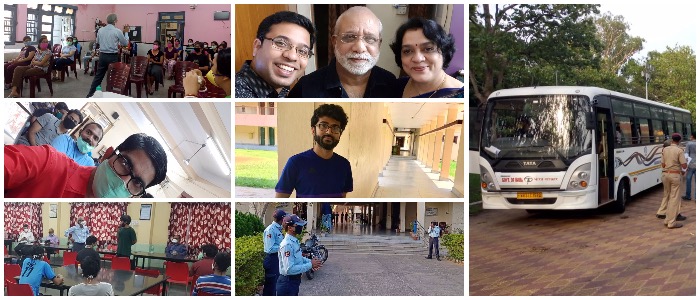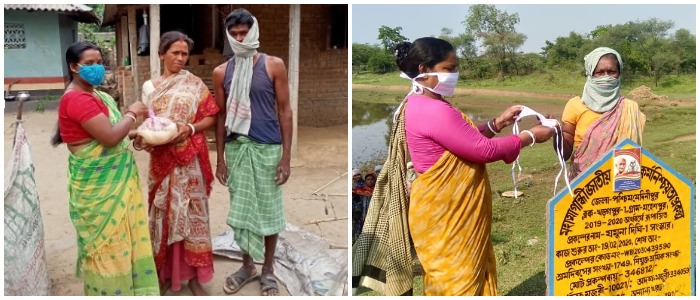
Cleaning Automation Post COVID-19
IIT Kharagpur Develops Mechanised Mobile Broom for Cleaning Large Public Spaces Business Insider Outlook Times Now India Today News18 Hindi The Week Navbharat Times Republic World Researchers at IIT Kharagpur have developed a vehicle-based mechanized broom to clean the 2100 acre campus area. The technology has been successfully tested across the campus during the present lockdown situation. Named Sammarjak MB 4.2 this technology consists of two mechanized brooms in the front and one side, running on battery and solar power. It…






